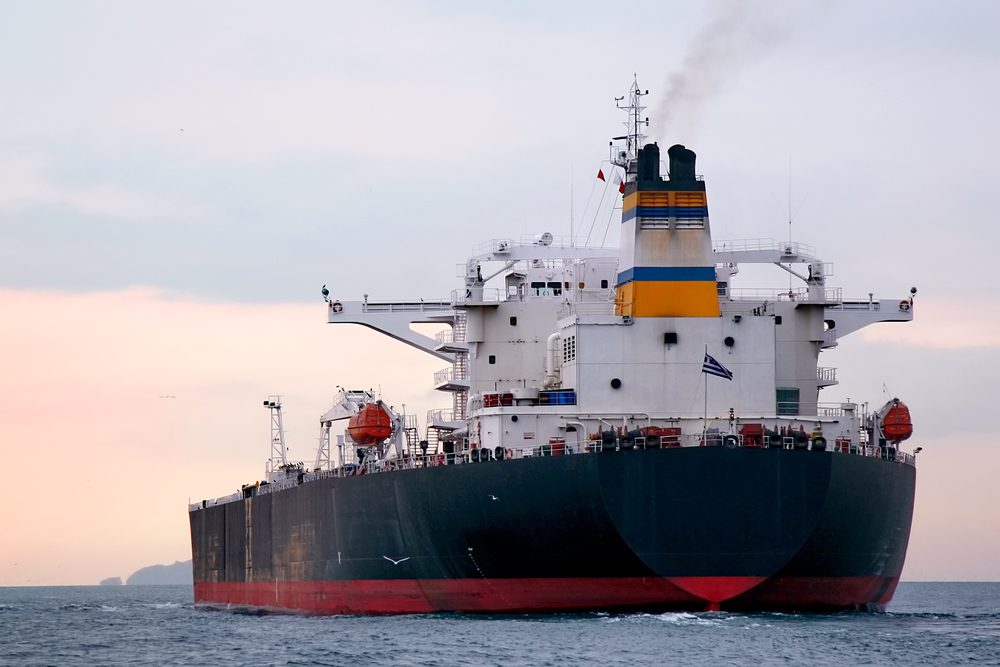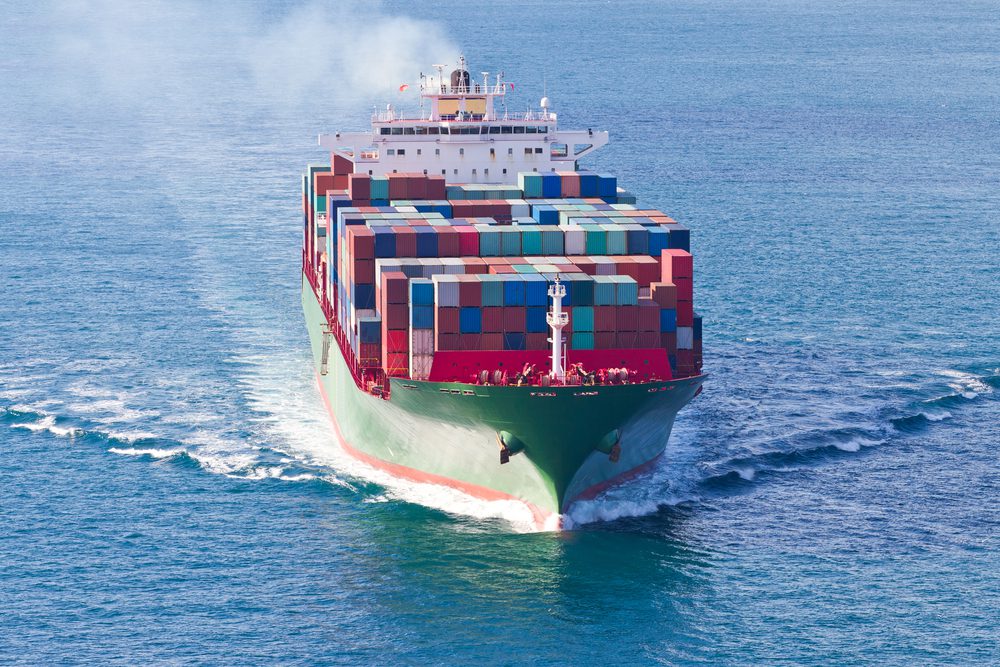By Nicholas Brautlecht
(Bloomberg) — Private equity is turning its back on shipping after a glut of funding over the last five years contributed to overcapacity in the industry, according to Andrian Dacy, the head of JPMorgan Asset Management’s Global Maritime business.
While private-equity firms enjoy returns of as much as 20 percent in the tanker market, bulk-carrier markets are in a perilous state with the Baltic Dry Index, a measure of commodity shipping costs, hovering near all-time lows as the Chinese economy ebbs, Dacy said in an interview in Hamburg.
“The level of fear has increased,” said Dacy, who has worked in ship financing for more than two decades. “Private equity will take a wait-and-see approach this year.”
Investment firms including WL Ross & Co., Oaktree Capital Group LLC scooped up vessels at near record-low prices since 2010, intending to ride a global recovery in shipping that has so far failed to materialize amid a sustained slump in the container and bulk-carrier markets.
‘Volatile Industry’
While the total value of the world fleet and order book fell about 25 percent to $922 billion over the past year, private equity’s contribution has shrunk much faster, slumping 69 percent to $70 billion, according to a Jan. 27 presentation by fund manager Tufton Oceanic Ltd.
“Shipping is a volatile industry, so if you’re in you need to be prepared to stay in for a long time,” Dacy said. JPMorgan Asset Management’s shipping investments, which stretch back over a period of “10 years or more,” are focused on pure equity investments in new and second-hand tankers, dry bulk vessels, container ships and car carriers, he said.
In Germany, the asset manager entered two partnerships in 2011, including co-funding 16 new small and mid-sized container vessels with Hamburg-based Bernhard Schulte Group. “About 90 percent of those ships have been delivered over the last couple of years,” Dacy said. The slump in oil prices means the savings generated from newer vessels with better fuel efficiency aren’t manifesting themselves at the moment, “but they are built to last 25 years, and the oil price is volatile.”
The tanker industry has benefited from increased use as storage facilities for oil amid the price decline and supply glut, he said, adding that the “general view is that the market is peaking.” Now may be the right time for private equity to exit and JPMorgan Asset Management started reducing its investment in tankers in 2015, he said.
“We had a large product tanker investment, now we have a smaller one,” Dacy said, declining to give details.
While tanker rates may slide from 2015 highs, they may be supported by greater demand from Asia, a lingering oil supply glut and wider use of vessels for storage, according to Bloomberg Intelligence.
© 2016 Bloomberg L.P
Editorial Standards · Corrections · About gCaptain
This article contains reporting from Bloomberg, published under license.

 Join The Club
Join The Club










